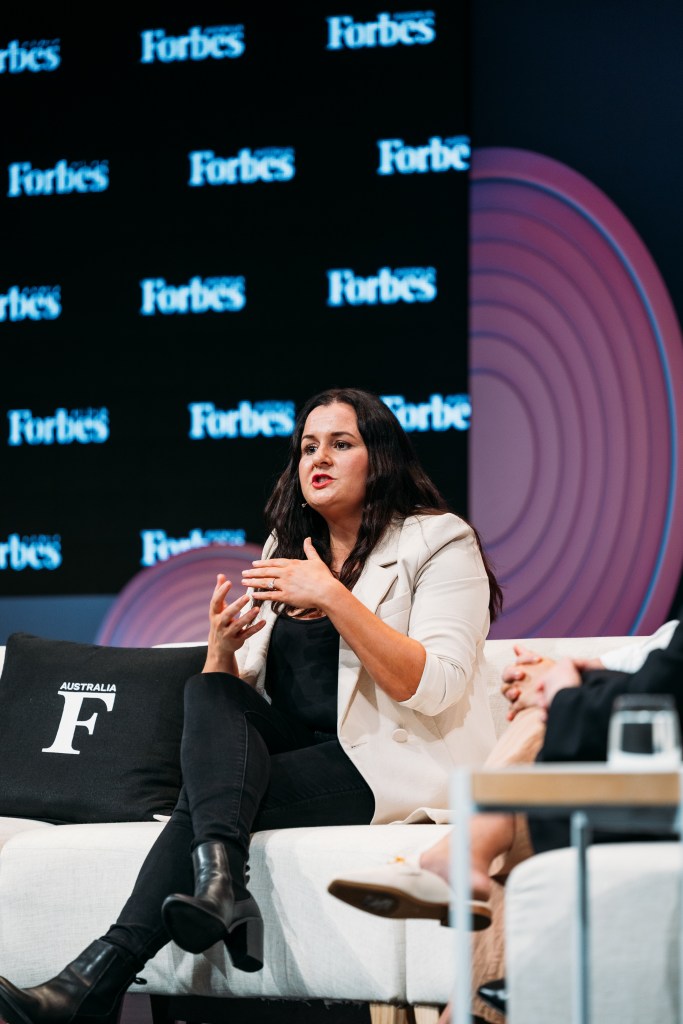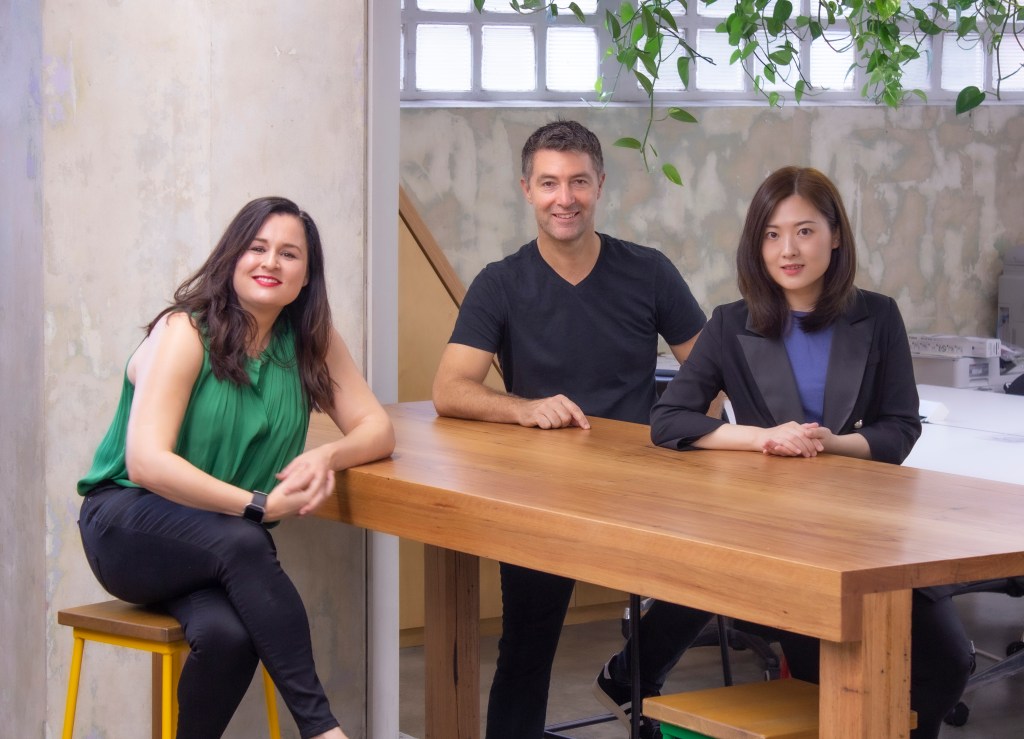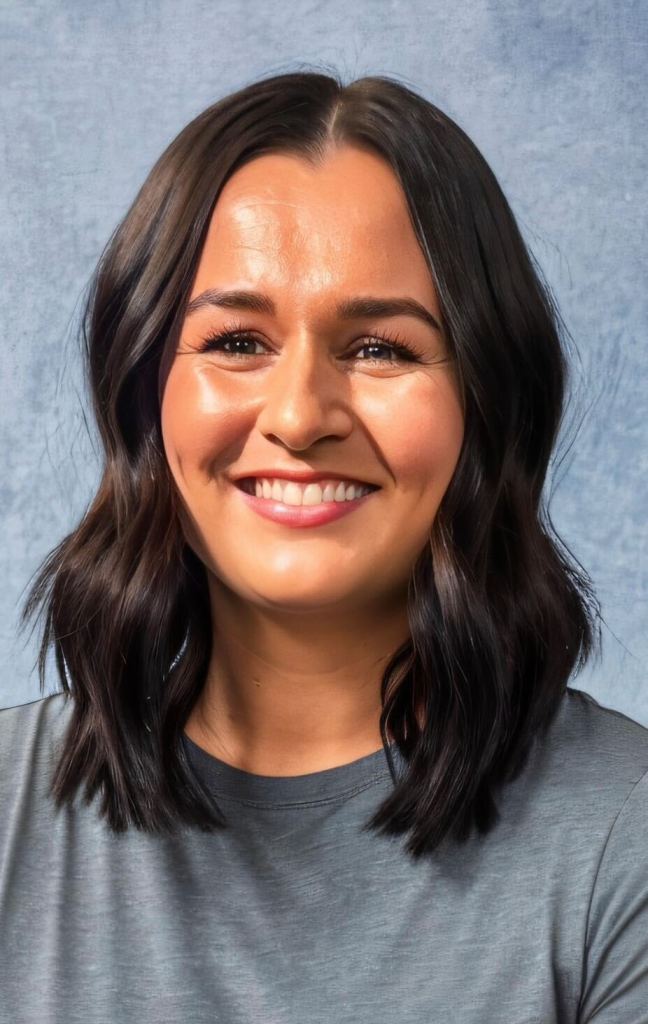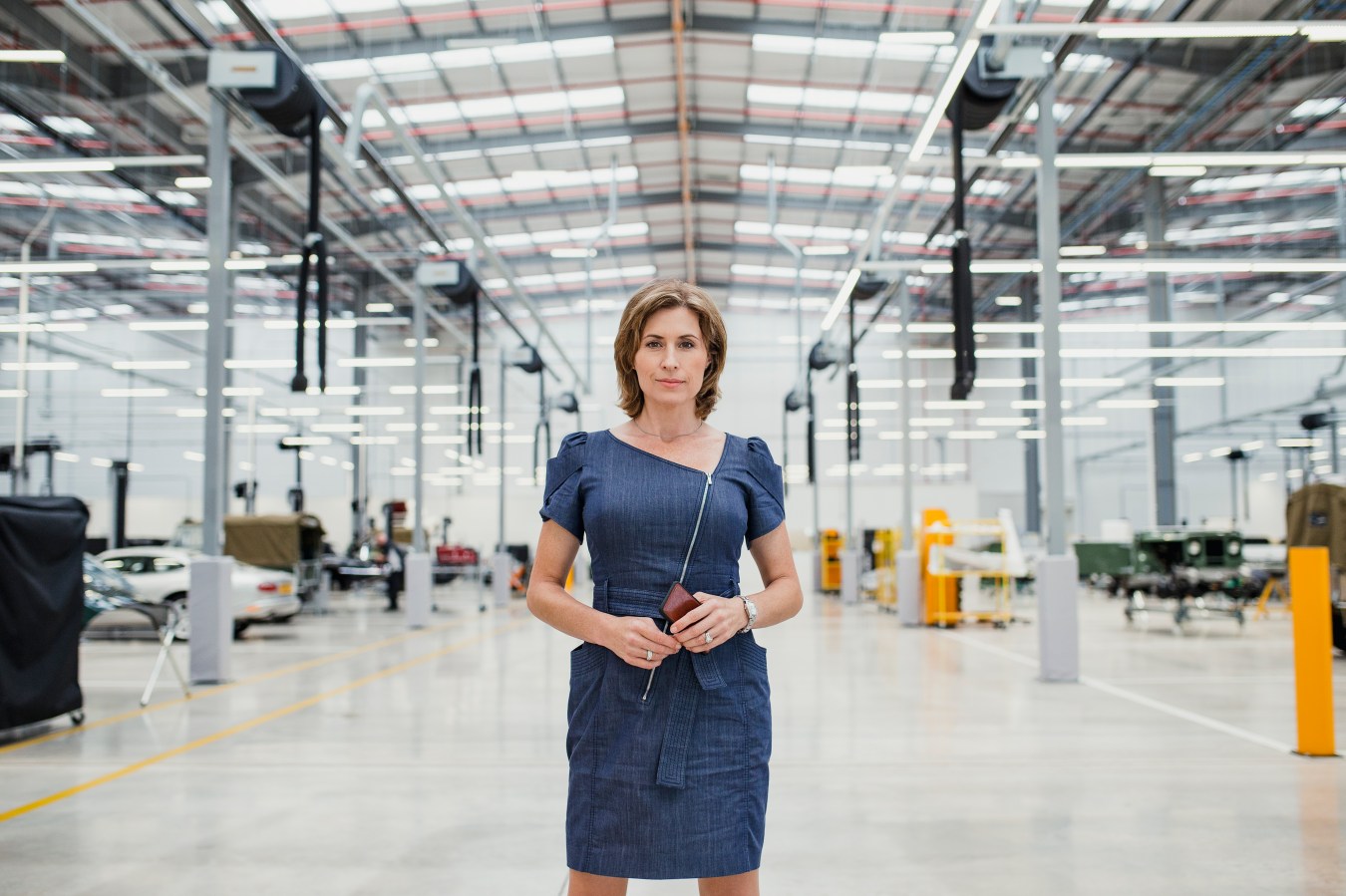Reejig CEO and cofounder Siobhan Savage opens up on the inspiration for her AI-powered startup.

Siobhan Savage was off work having her second baby in 2019, obsessing about everything that was wrong with her job in human resources at a global engineering firm – the way they’d be hiring thousands of people on one side of the business while letting thousands go on another.
It wasn’t just her employer, the 66,000-strong Canadian giant WSP. As far as she could see, it was every big company in the world. The wasted potential cut her up.
“We’d be winning major infrastructure projects all over the world, and when they finished you’d have to find new opportunities for them in your company,” Savage says. “And that’s difficult to do at scale.”
Every person they let go was taking valuable knowledge with them, while every person they brought on was costing thousands of dollars and hundreds of hours to bring up to speed.
Not to mention the social costs with things like children being dragged out of schools, a charity losing a volunteer or, say, a drama society losing an actor.
And what was with the way that workers felt that the easiest way to get a promotion was to leave?
It wasn’t like Savage and her HR colleagues weren’t trying. “The problem I had was I had no idea who my people were: what their skills were; what their potentials were; what they could pivot into; what their dreams were.
“We knew them simply as a job title in our system … It was such a waste of potential. It wasn’t just that we’d lose them. They might go to a competitor because we didn’t know who they were and get to them quick enough to advance them through their career with the company.
“It cost millions of dollars for organisations to be in a state where they’re hiring and letting go, hiring and letting go.”

In the months before COVID-19 arrived, Savage says she had a strong belief that the world of work was going to change drastically. And that artificial intelligence would have a role. “To be transparent, I could never have imagined something as transformational as generative AI. It wasn’t even in my imagination. But I did believe there’d be some sort of skills crisis coming where a lot of folks would be impacted by jobs changing.”
She thought she could help. Four months after the birth of her second daughter in 2019 – with two kids under the age of four – she had the choice: go back to a good, safe job. Or go out on a limb and fix the problem. She chose the latter.
She convinced her husband and WSP colleague, Mike Reed – who had a computer science background – to go all in with her and they approached an acquaintance, Shujia Zhang, a PhD in machine learning who was chief data officer at Aussie start-up Safety Culture. “I showed Shujia what we were doing and she fell in love with it,” says Savage “She’s a female of Chinese heritage playing in the tech space and she was passionate about making sure folks had access to opportunity because she’d found it really difficult in her career.”
“Why would you put yourself under that amount of pressure to be audited while still building the company?”
Siobhan Savage, Reejig CEO
Their first office was a café at Westfield Sydney where they chewed over the problem of how to take data and turn it into meaningful insights.
And that employees don’t give much information about themselves when filling in profiles. Only 20% will complete the profile in their system at work.
“My thesis was that if I was to tell you, ‘Hey, looking at your career to date and at your LinkedIn profile, we’ve got a high likelihood of you having collected these skills in your career …’ We had this bet that people would want to correct us and curate it with us. And we were right.”
The third problem was how to trust the short lists the artificial intelligence spat out recommending people for a job. She knew if she was an HR person wanting to buy a product like Reejig, she’d be dubious. “If the models are being trained on historic decision points, then my bet was that it would love to hire and promote a middle-aged man who went to a certain school. It wouldn’t give us recommendations we’d want to champion in an organisation.

“We spent a lot of time obsessing on this … We reached out to the World Economic Forum to find someone who could audit our AI. It didn’t exist at that time, so we partnered up with UTS [University of Technology Sydney] and they built an AI auditing framework.
“That was a really long, stressful process for a tiny company who everyone thought was crazy: Why would you put yourself under that amount of pressure to be audited while still building the company?”
With the benefit of hindsight, Savage is more convinced they made the correct decision. Various countries and jurisdictions around the world have started demanding more accountability from AI systems, particularly when AI is making decisions that affect people’s lives. “We built good and fair AI from day one. It was built into the framework of the company. We audit a couple of times a year. So as more regions start to demand this – and it’s going to get more aggressive – it puts Reejig in an incredible position and that’s why we’ve grown so fast outside Australia because big customers have a strong stance on diversity and inclusion, on good and fair decisions.
“If you make a decision using AI, and an individual complains about it, you have to be able to prove how that decision was made. If you can’t prove it and someone is claiming it wasn’t fair, that becomes a big problem for a company.”
Woke AI
Savage says they have also removed the “woke AI problem”. Google withdrew its much-vaunted Gemini chat bot’s human picture generation in February after being mocked for the images it was generating in response to text prompts. Asked to generate an image of the US founding fathers, it included a black man, and in creating a picture of World War II German soldiers, it inclusively inserted an Asian woman and a black man under Nazi helmets.
“What we do is before we train our models, we balance our data set,” says Savage. “We remove all personal characteristics from the data to train the models purely on skills and potential.
“What we’ve seen is more females being presented in the recommendations for succession planning, for hiring decisions, for pivots and promotions because we’ve removed those personal characteristics and it’s more about the skills and potentials of the individual.
“We’re more likely to get people from outside the box, like mothers returning to the workforce, or people returning from caring for a parent or a refugee, because we’re looking at the skills and potentials required.”
Reejig tripled in size for the first three years after launching in 2020. It now operates in 66 countries, with Savage now spending half her time in the US, their largest market though that growth has slowed she says.
The company has raised $40 million, with investors including Salesforce, Skip Capital, AirTree and Culture Amp. In 2022 Reejig was named in Forbes’ Cloud 100 Rising Star list. It was named on the World Economic Forum’s Technology Pioneer list in 2022, and was ranked “product of the year” 2023 by Human Resource Executive.


